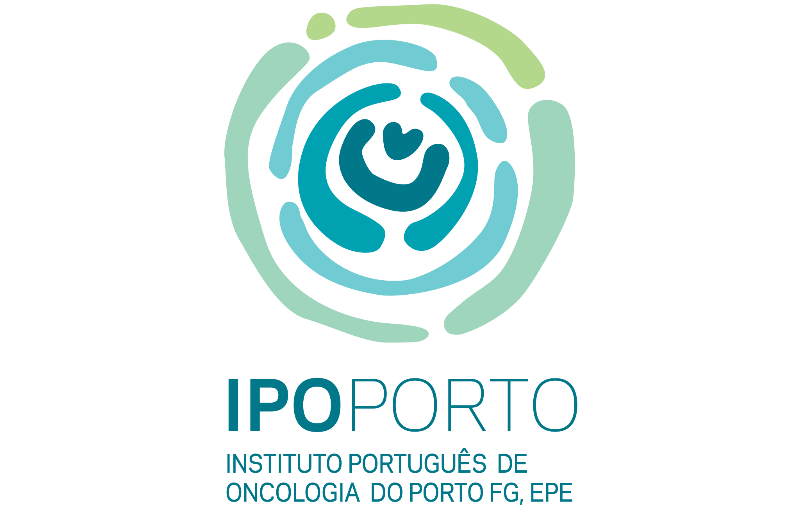


|
|
| Address | Rua Dr. António Bernardino de Almeida, 4200-072 Porto, Portugal |
|---|---|
| Platforms | ATMP & Biological, Biomarkers |
The Portuguese Oncology Institute of Porto (IPO Porto) is a highly differentiated organisation belonging to the National Health System and providing specialised care. IPO Porto is a national and international reference health institution in oncological treatment, research and education. With open doors since 1974, it is the leading institution in treating patients with cancer and precancerous lesions, and this excellence in patient care is rooted in strong enforcement in research. IPO Porto admits about 10.000 new patients per year, currently providing healthcare to more than 45.000 patients. With the cancer patient as the main focus of all the organisational effort, it has the largest Bone Marrow Transplants unit and the largest Radio-oncology/Radiosurgery unit in Southwest Europe. In 2019, IPO Porto was certified by Gilead for implementing treatment with CAR-T cells under an early access program.

The Research Centre of IPO Porto (CI-IPOP) is the research branch of the institute. Its main objective is to understand the pathobiological mechanisms of cancer that may enable prevention, early diagnosis, correct evaluation of the prognosis and the development of more effective therapies. Officially established in September 2003, CI-IPOP was formally recognised by the Portuguese Science and Technology Foundation (FCT), the governmental agency that manages scientific and technological activities in Portugal, as an R&D Unit in 2004 and it was classified as ‘Excellent’ in its last external evaluation (2019). Currently, the Research Centre hosts 116 researchers, of whom about half are human resources from the IPO Porto, 20 are foreign-funded scholarship holders, 32 are registered doctoral students and 26 are researchers with doctor degree (including eight MDs). It includes seven research groups working on translational cancer research, five of which have a high-intensity laboratory level (Medical Physics, Radiobiology & Radiation Protection; Pathology & Experimental Therapy; Molecular Oncology & Viral Pathology; Cancer Epigenetics & Biology; Oncogenetics), and two that have been recently created to meet the growing needs on epidemiology of cancer, patient outcome and quality of life, as well as value-based healthcare and sustainability (Cancer Epidemiology Group and Management, Outcomes Research and Economics in Healthcare Group). CI-IPOP also hosts the Clinical Research Unit (which has Early Phase Clinical Trial division) and several clinical staff that publishes on a regular basis, which are not affiliated with any of the aforementioned research groups.
Institutes' Omics Technologies
Click on an item to find out more
















